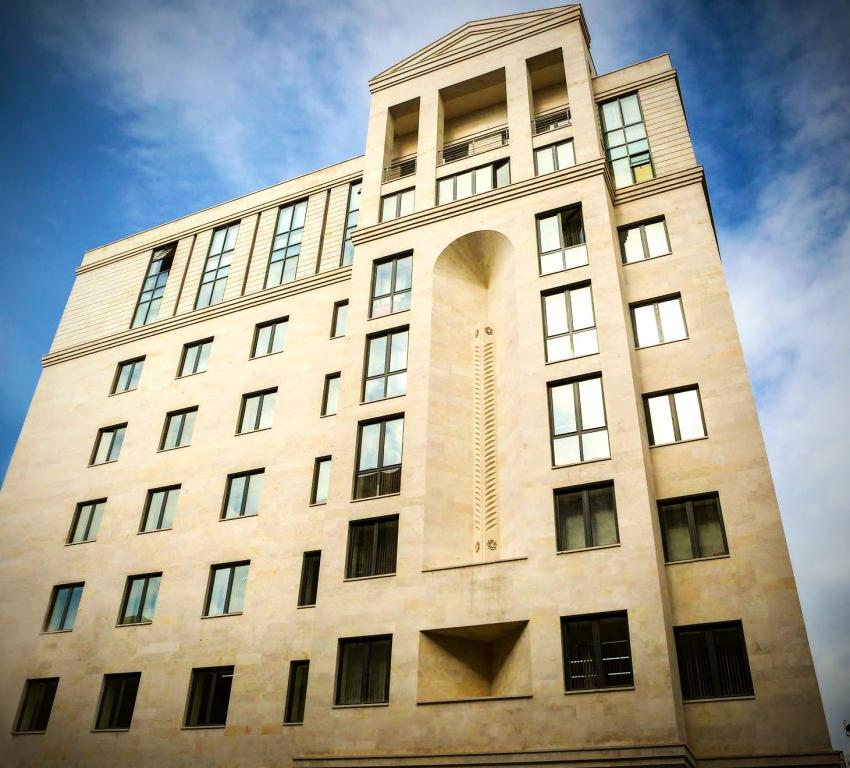Which electoral crimes are provided for by the Criminal Code in force?
12/06/2021

Taking into account many misunderstandings about which electoral crimes are provided for by the Criminal Code in force, we would like to clarify that the newly adopted Criminal Code, which is currently available on the first page of the website www.arlis.am will enter into force one year later, on 1 July 2022, whereas the Criminal Code in force, among others, provides for the following electoral crimes: (linkhttps://www.arlis.am/DocumentView.aspx?DocID=153035)
Giving or receiving electoral bribe. Providing, promising or offering, as well as receiving or requiring both monetary funds and any property or right to property, securities and any other advantage (such as accepting for employment or rendering certain services) is prohibited. In this regard, it is also important to note that a person receiving a bribe is released from criminal liability, where that person has voluntarily informed the criminal prosecution bodies about receiving bribe before it has become known to law-enforcement authorities, but not later than within a three-day period, and has assisted in disclosing the crime (parts 1 and 2 of Article 154.2);
Mediation in electoral bribe. This act is manifested by contributing to reaching an agreement between the bribe giver and the bribe taker or to carrying out the agreement already reached (Article 154.9);
Conducting an election campaign simultaneously with charity. In this case crime means, for example, giving money, food, securities or respective goods or providing services gratuitously or on preferential conditions to electors by a candidate, member or authorised representative of a political party (alliance of political parties) personally or on their behalf or in any other way or under the name of charity. Conducting by any person an election campaign simultaneously with charity shall also be considered a crime (part 5 of Article 154.2);
Compelling to participate or refuse to participate in election campaign or obstructing to participate in election campaign (Article 149.1).
Compelling an elector to vote in favour or against any of the political parties (alliances of political parties) or participate or refuse to participate in elections or vote more than once or instead of another person (part 3 of Article 154.2);
Breaching secrecy of the ballot, which may be made through compelling an elector to disclose the result of voting, entering a voting booth (room), as well as in any other way, for example, compelling a person to take out one or several ballots, or confirm the fact of voting in favour of any political party or alliance of political parties through photographing or video recording. Similarly, visibly voting for third persons by an elector, as well as breaching secrecy of the ballot for mercenary purposes through publishing information received by photographing or video recording of a document disclosing the result of voting shall also be considered a crime (Article 154);
Obstructing free exercise of a citizen's right of suffrage or the activities of electoral commissions (Article 149);
Voting more than once or instead of another person. This act may be committed by submitting false data or a false document or in any other way for the purpose of registering in the list of electors or participating in the voting (Article 153);
Falsifying the results of elections or voting, which may be made by obvious miscalculation of votes, or approving the protocols of election, results thereof, other election documents and their extracts with obviously incorrect data, entering obviously incorrect data into a computer for the purpose of falsifying the results of elections, changing the data entered, the ballot paper or making ballot paper of an elector invalid or non-established sample, as well as in any other way. An obvious miscalculation of votes may be manifested, for example, by calculating the ballot paper voted in favour of one candidate instead of another one, hiding the ballot papers, calculating invalid ballot papers in favour of one or another candidate, etc.(Article 150).


